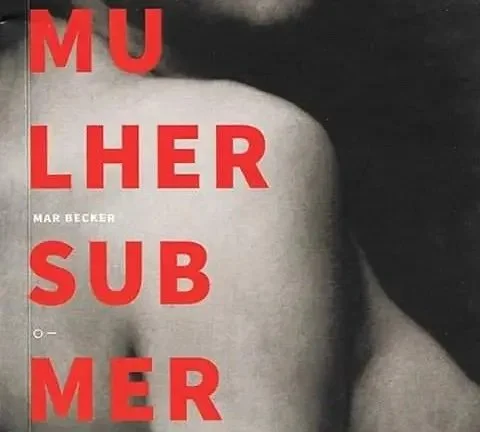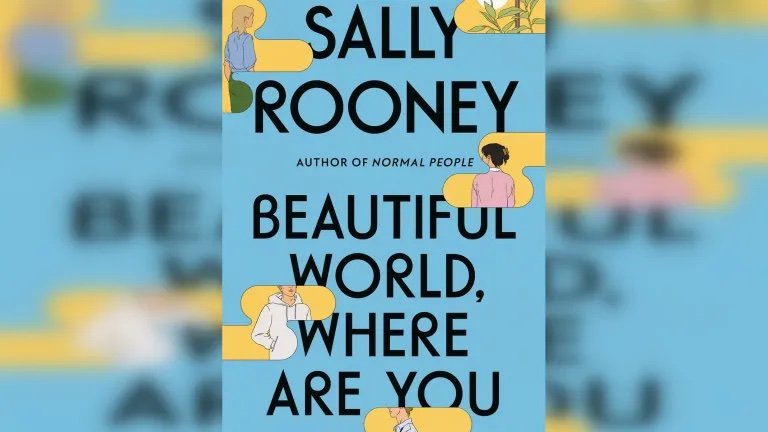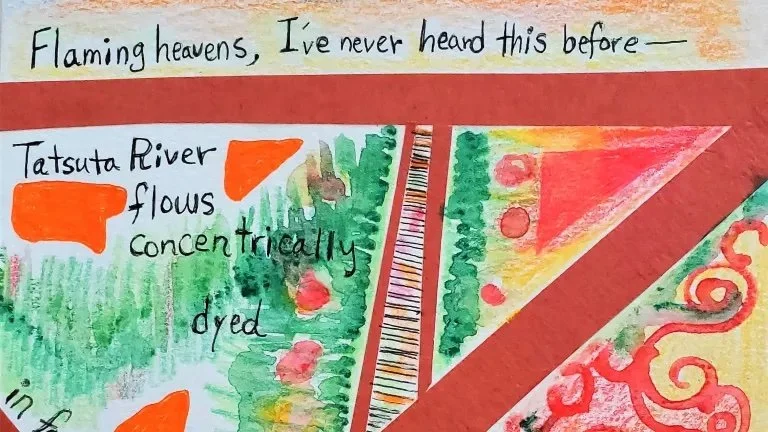60 for 60: Consequences
Misunderstanding is a highlight of the virtual communication status quo; at least, lots of people have tended to think so for the past year and a half. “I can see you, but I can’t hear you”; “Sorry, I had the wrong link”; “I didn’t realize I was on mute”: these became stock phrases, and in future years they’ll be matter for both nostalgia and nightmares. What I suspect is that this situation dramatizes how miscommunication is always a feature of communication; and, with miscommunication, we invariably get mistrust.
Translating the Fresh and Unexpected: A Conversation with Spring Contest Judge Sora Kim-Russell
Sora Kim-Russell is a literary translator based in Seoul. Her recent publications include Pyun Hye-young’s The Law of Lines, Hwang Sok-yong’s At Dusk, and Kim Un-su’s The Plotters. She has taught literary translation at the Bread Loaf Translators’ Conference, LTI Korea, and Ewha Womans University. She served as the Spring 2021 Contest Judge for the Columbia Journal.
An excerpt from Blissful North
Grete lived in the same multi-story residential building adjacent to the shopping center as Arve but on a different floor. This floor wasn’t serviced by an elevator, so one had to make one’s way up there on foot. For this reason, the local government built a wheelchair ramp specifically for the disabled Grete so she could access her floor.
60 for 60: DEER DANCE/FOR YOUR RETURN
Here in Morningside Heights, we have decidedly entered the season of autumn. The days are becoming shorter and cooler, and foliage is beginning to blush—estival abundance is slowly shifting toward winter’s decay. While some are celebrating the season of pumpkin spice, others—or perhaps, just me—spend this time ruing the loss of summer, as if it weren’t something that happened every year. That was, until I read a certain poem.
Two Poems by Deema K. Shehab
Secondhand wrinkles on forehead, she applies kohl in the sun,
eyebrows frown, but then a reprieve: ahh ahh the sun.
2 Poems from Investigation Continues
They are crossroads
welcoming traffic coming from all directions
but they aren’t destinations themselves.
60 for 60: Punctual Poem about Dusk
It’s now fall and October—which means that the ghoulish among us can at last revel in the twilight of the year. It’s quite a beautiful season and month: there’s a nobility and a grandeur to this time of the year. Before we settle into ghost mode, though, we ought to pay homage to the fading grandeur of summer. The thought of a summer evening might help us do so, and that thought might lead to excellent poetry.
Magic Lantern
It was hard to imagine, but many years ago, their mother had been a little girl. That was the first thing Erika said when Amy picked up the phone.
2 Poems from Woman Submersed
from so much water on the floor, the trail from bathroom to bedroom
that’s how a woman knows
another woman – knows if she’s washed her hair
60 for 60: Early Mass
“We shall not cease from exploration / And the end of all our exploring / Will be to arrive where we started / And know the place for the first time,” wrote T.S. Eliot (whose 133rd birthday is this Sunday). If art and education are both explorations, transitioning anew to in-person from online learning is proving to be quite the adventure. Columbia’s campus is now, for many of us, a familiar and unfamiliar place, a landscape that we are in the process of discovering.
Writing and Riding: An Interview with Adin Dobkin
In 1919, right after World War I, Tour de France cyclists united a country that had been torn apart by unprecedented desolation and tragedy. Sprinting Through No Man’s Land by Adin Dobkin explores how they did it. Told through the eyes of L’Auto editor Henri Desgrange as well as some of the cyclists that participated in the 1919 Tour de France, the book—written in chapters interspersed with photographs—guides us through the race as it describes the war-torn landscape and the people who live in it. A razor-sharp focus on the cycling narrative as dug out from archival research by Dobkin accompanied by a deft, descriptive painting of the aftermath of the Great War lends a rich, full tone to the retelling. Here, Dobkin and Shah sit down at the Hungarian Pastry Shop with some tea, coffee, and almond blondies to talk about nonfiction craft, the process of writing the book, and larger discussions surrounding sports today.
Little Man
I am two things: a prince and a little man. No one believes me when I say that I’m a prince. I notice that because they start grinning or flat out tell me I’m not. One boy asked me where my palace was.
60 for 60: Breath
I’m Zak, a second-year poetry concentrator and this year’s archivist for the Columbia Journal. In celebration of our sixtieth issue, I will be leading various archival projects, and I’m pleased to kick off “60 for 60,” where we’ll publish sixty of our favorite archival pieces over the course of the year.
Notes on Chance and Partial Demises, Beginning with Elvis’s Death
In the Iron Mountain maternity ward, eight hundred miles north of Graceland, a nurse repeated what the radio said: “Elvis is dead.” B was born, black strands slicked to his head.
Return to the South?
What's the point of heading south—My dead friends:
Rafael Pérez Estrada, Vicente Núñez, Rafael Medina...; Pablo Garcia Baena and Jose de Miguel
have returned to their native Córdoba, nothing is the same
Review: Beautiful World, Where Are You
Sally Rooney is back and for sale. Her third novel, Beautiful World, Where are You, came out yesterday at the peak of a marketing campaign that seems to be more focused on distributing swag and “experiences” than getting books into hands. For an author who once said “I am very skeptical of the way in which books are marketed as commodities…almost like accessories which people can fill their homes with,” it is hard not to wonder if Rooney is living through her own personal apocalypse as bright yellow Beautiful World bucket hats are sent out to celebrities for photo ops.
One Poem by Daniel Baker
Light break detected, radiating
erratic likeness meant as morning, or
the saying of it, new day, this simple acceptance
3 Poems by Moyi Mbourangon
Not the one that is gone
Perhaps the one coming
And as dreams burst seams

















































